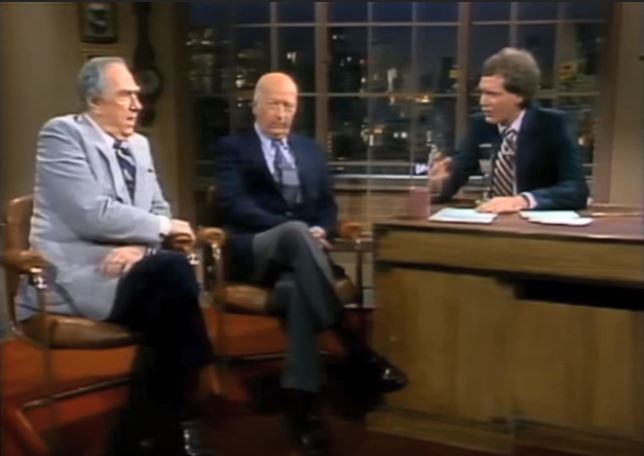We need to talk about communication. We’re lawyers. it’s what we do every waking moment. We need to effectively communicate with our clients, we need to communicate what we’ve learned to our staff, we need to communicate with lawyers on the ‘other side’, we need to communicate with the court.
A failure to communicate at any stage in a legal matter has the exact same effect a failure at any stage on the Apollo 11 mission to the moon would have had: no one would be celebrating the 50th anniversary next week.
We study communication. Every aspect of it. We study it the way J.D. Martinez studies American League pitchers. He does it because hitting is his livelihood. We do it because … okay, you get it.
There are books – scores and scores of books on effective communication. We go to seminars. Lots of seminars. We do in-office training, we do office retreats/outings. (Follow us on Instagram if you’re curious).
Cool thing about studying communication: sometimes it’s really entertaining – intentionally and unintentionally. On the purposely entertaining side: Bob & Ray. Fifty years ago, while Apollo 11 was zipping toward the moon, one of the hottest comedy acts in the country was Bob & Ray.
Flip through YouTube and you can’t miss their clips from thirty years of late-night TV appearances, from Johnny Carson to David Letterman. Their entire act, a little hard to believe in 2019, revolved around ‘words,’ dialogue, and shades of ‘meaning.’ It’s great stuff and, really, should be required viewing in every law school in the country – one place where they don’t teach communication.
Here’s two examples that really spoke to us:
First, the iconic S-T-O-A skit. They did many variations on this over the years. Here are the basics: Bob is interviewing the president of the Slow Talkers of America. The results are what you’d expect: Bob asks a question, and Ray takes his sweet time answering.
“Tell me, what does S-T-O-A stand for?”
“The …………………… Slow …………… Talkers …………… of …………… America.”
It goes on, always with the same pace. Soon, Bob can’t take it anymore and begins to fill the silences.
“Where is the STOA based out of?”
“We …………… are …………… located …………… in ……………Glen …………… Falls …………… New …………”
“York, right, it’s New York.”
“Hampshire.”
And so it goes. Bob is increasingly frustrated, is almost always wrong, gets more frustrated, becomes fidgety, belligerent, learns nothing.
Perfect.
We’re family law attorneys. We need to hear everything about our clients. At the same time, we understand it’s really, really hard to tell anyone, never mind an almost stranger, details of your family life.
We know what we need to know but know we can’t force it. We most definitely can’t anticipate answers – even to the simple questions. We can, and will, lead the discussion while allowing the slow talker, fast talker (FTOA, it’s in the skit, too), close talker, and everyone other kind of talker tell us what we need to know in their own interminable way.
And, of course, never, ever assume a fact. Ever.
The second bit, Whooping Crane Facts. This time Bob is interviewing a world renown expert on the whooping crane. Bob has a script, and Ray is a whooping crane enthusiast who isn’t bound by answering a specific question. He’s the kind of person who takes any question as an invitation to gush facts. He stomps all over Bob’s list of carefully thought out questions.
That Bob sticks to . . . no matter what. As the bit goes on, Bob asks questions that have already been answered . . . which leads to even more breathless information that just overwhelms Bob . . . which makes him ask more already answered questions . . . while he screws up everything he’s already been told.
It’s the perfect illustration of how not to actively listen. For Bob, it’s not about what Ray is saying, it’s about, well, him, his questions, his agenda.
It’s an intricate, beautifully choreographed, verbal skit that is funny every time.
On TV or YouTube.
It is emphatically not remotely funny to experience. As a client.
Interviewing a client isn’t taught in most law schools; there are no classes in how to listen. It is most definitely an acquired skill – one that probably isn’t helped much in the age of iPhones, stop/start/stop streaming services and the 1o second ‘go back’ button.
We at Freed Marcroft happen to think these are most important skills. We’re sure you will too after meeting with us.
Written with Jenny Bradley of Triangle Smart Divorce of Cary, North Carolina.









